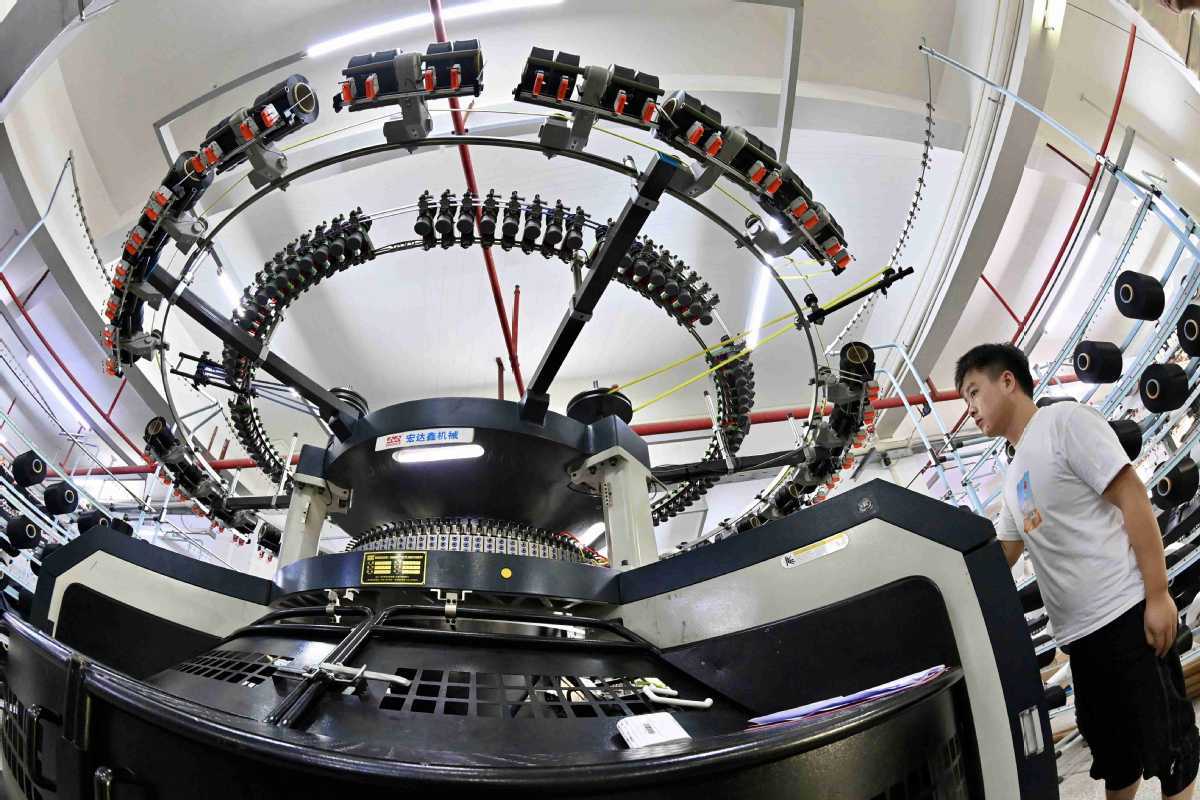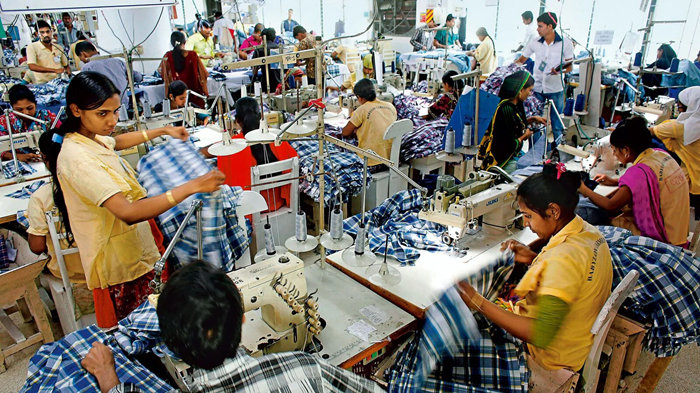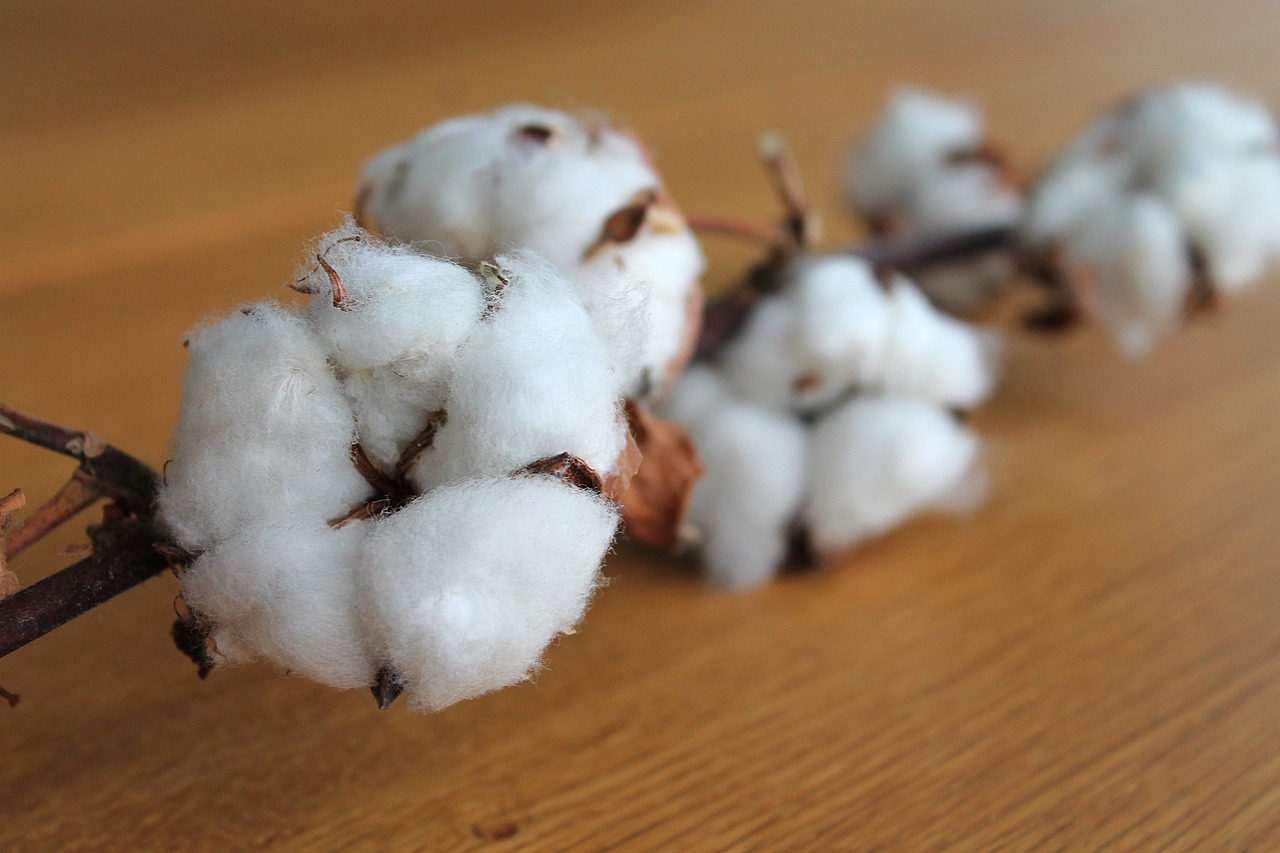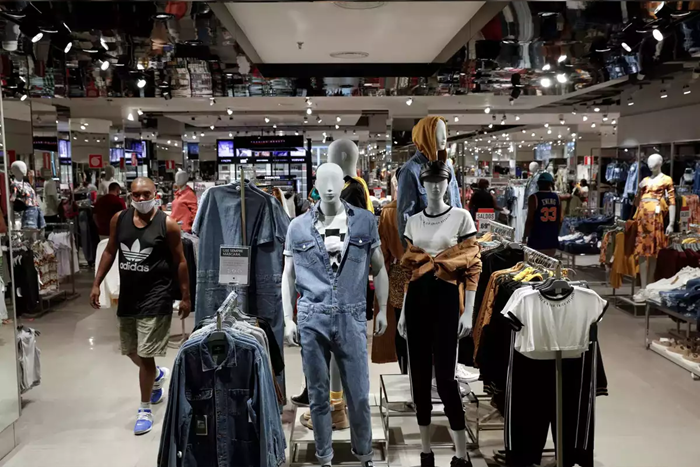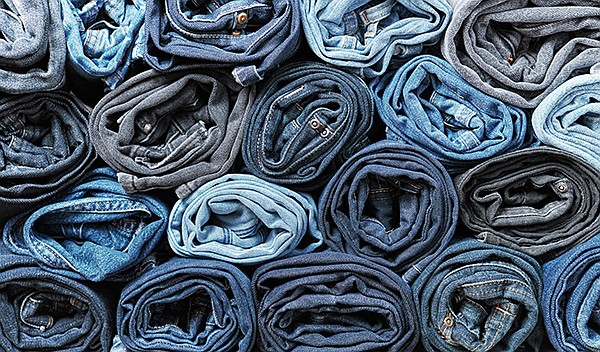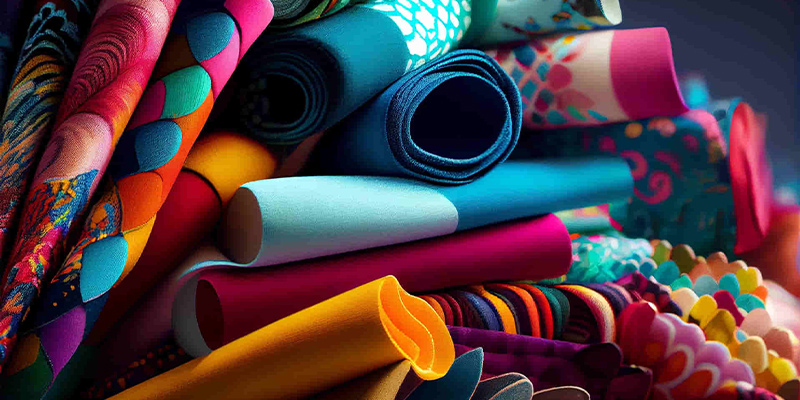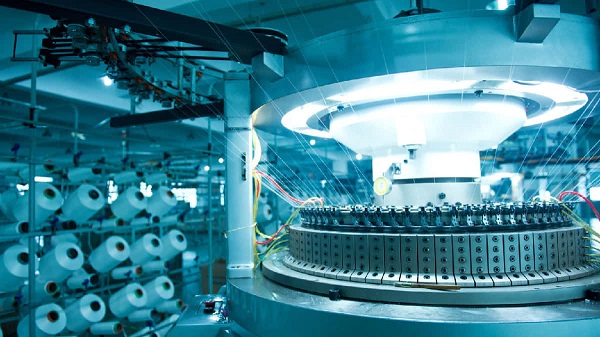
The European textiles industry has called on the European Union to adopt a wholesale price cap for gas.
It says a cap above a certain level will result in collapse of businesses. It wants the TTF benchmark parameters to be changed and TTF to be decoupled from the electricity market and the revision of the merit-order principle for the electricity market, which is no longer serving the purpose it was designed for.
Another proposal is that the state-aid framework should be amended and includes textiles finishing, textiles services and the nonwoven sectors as well. If this doesn’t happen, says the industry, Europe will remain without its integrated textiles ecosystem and would not be able to translate into reality the EU textiles strategy for more sustainable and circular textiles products.
Given the dire international competition in which the EU textiles industry operates, it says, it is not possible to just pass on the increased costs to consumers. Yet, with these sky-high prices, companies cannot afford to absorb those costs.EU textile companies are mainly small and medium units that do not have the financial structure to absorb such a shock. The industry fears that if the EU does not act international competitors will have an advantage in the market, resulting in the de-industrialisation of Europe and a worsened reliance on foreign imports of essential products.
Result of high energy prices causes production loss Last month gas wholesale prices reached record levels, triggering sky-high electricity prices. Already, in March 2022, with EU gas wholesale prices what they were, the business case for keeping textiles production was no longer there. To date, natural gas wholesale prices are more than 15 times higher compared to 2021. Many businesses have suspended their production processes to avoid the loss of tens of thousands of euros every day.
MMF production, Nonwovens are the affected sectors
The manmade fibers industry is an energy intensive sector and a major consumer of natural gas and electricity in the manufacturing of its fibers.Not only is it being affected by higher energy process, it is also experiencing shortages and sharply rising costs of its raw materials.For the nonwovens segment, production processes – which use both fibers and filaments extruded in situ – are also highly dependent on gas and electricity. Polymers melting and extrusion, fibers carding, web-forming, web-bonding and drying are energy-intensive techniques. Nonwoven materials can be found in many applications crucial to citizens like in healthcare (face masks) or automotive (batteries).
For some segments the use of gas has no technological substitute: for example the dyeing and finishing production units make very intense use of gas. These production units are mainly composed by boilers and driers, which only work on gas and there is no alternative technology.
The textile services sector requires a considerable amount of energy to keep services, particularly hospitals and care homes, stocked with lifesaving material as well as clothing and bed linens for patients themselves. Losing these businesses would cause a lack of clothing for healthcare professionals, including protective sanitary gowns for surgeons, nurses and doctors, uniforms including other forms of personal protective equipment.

